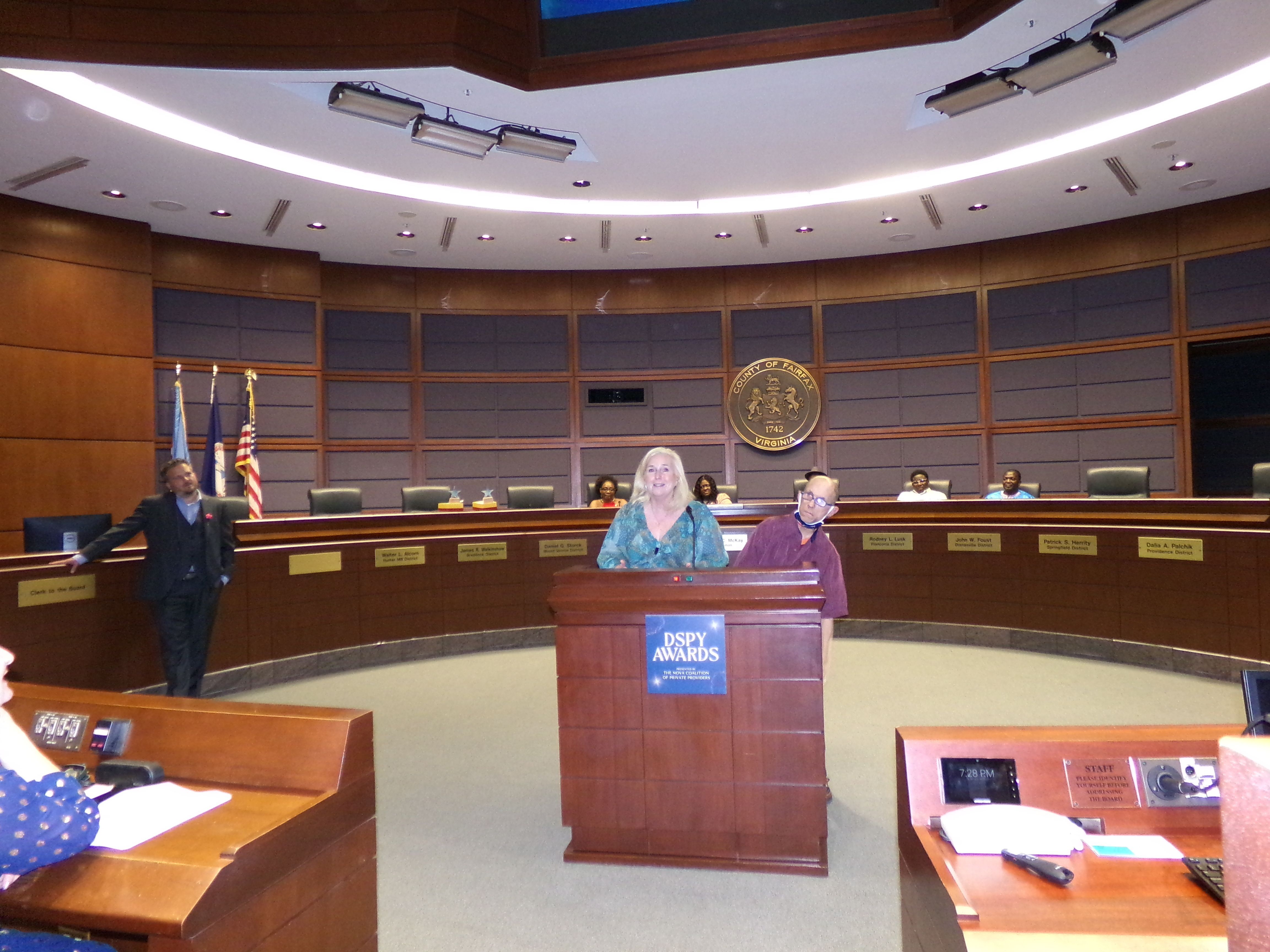
Article by Kaiser Permanente |April 15, 2024
Do you ever feel overwhelmed by everything it takes to run your household? Some things are obvious, like cooking, cleaning, and paying the bills on time. But there are also less obvious things — like managing schedules, planning events, and solving problems. Even if you can delegate tasks to a spouse or other family members, this may have its own challenges. Having to ask someone to help, explain what to do, and remind them to do it can quickly add up to a heavy mental load.What is mental load?Mental load is also called mental labor. It’s the unpaid, almost invisible work involved in running a household and taking care of family members or loved ones. Homemakers, parents, and caregivers are more likely to carry a heavy mental load. It’s not just doing the work. It includes reminding family members to do their share. It also involves planning, coordinating, and making sure everything gets done. Over time, mental load can lead to extreme stress, strained relationships, and even chronic illness.This kind of mental labor is often done by women, who’ve historically had the role of homemaker. Women spend an average of 3 to 6 hours a day on unpaid work.1 In contrast, men contribute about 30 minutes to 2 hours a day. Even in the workplace, women are more likely to be asked to do menial tasks that aren’t in their job descriptions.2 And at home, they’re more often expected to take care of the needs of partners, children, relatives, and friends. Partly because of social factors like these, women are also twice as likely as men to feel severe stress and anxiety.3 While mental load is more common among women, anyone who runs a household or cares for others can experience it. How mental load affects your healthA heavy mental load is associated with higher stress, anxiety, and poor mental health. Like many stress-related conditions, it can cause physical symptoms, like insomnia. It can also increase the risk of chronic disease. And for people who take care of family members who are elderly or have health issues, caregiver burnout can have serious health implications. If you take care of a household and a family, you may find yourself juggling many roles. You might need to be a teacher, a nurse, a babysitter, a cook, a repair person, a chauffeur, and even a therapist — sometimes all in the same day. There may also be an expectation that you’ll put aside your own needs to fulfill these responsibilities first. As a result, you may feel guilty about taking time for yourself. And in situations where most of the work is done by one partner, they might feel unfairly burdened. This can lead to feelings of frustration, helplessness, and resentment. How to reduce your mental loadIf your mental labor is harming your mental health, consider making some changes. It may seem like your list of responsibilities is never-ending. But there are things you can do to help lighten the load. And when you prioritize your personal well-being, your loved ones will benefit too. Make your needs knownIf you have a partner, sit down with them and let them know your current mental load is too much. This can be hard to say. But being able to set limits is critical for your well-being. It’s also an important part of maintaining a healthy relationship.
- Choose a time and place where you can talk openly and honestly.
- Explain that mental load is a real concern with real health consequences. Let your partner know the toll it’s taking on you. Try to use “I” statements to explain how you feel, without assigning blame.
- Be clear about the kind of support you need. Sharing the load means giving each person specific responsibilities to own.
Share tasks with familyDelegating tasks doesn’t mean you’re avoiding responsibility. When you and your loved ones are on the same page about sharing the workload, you’re creating an environment of equal responsibility. If you have children, you’re also modeling equal responsibility for them. Giving children tasks to do can also build their sense of responsibility and confidence. But keep in mind that you don’t want to manage everyone else’s work. The goal is for everyone to do their share without being asked.
- Release control. Others can get household tasks done too. They might do them their own way, but being flexible about this can also ease your mental load.
- Share tasks that other family members can do without your supervision.
- Stay on track. Don’t let yourself go back to taking on more than you can handle.
Protect your personal timeWith so many responsibilities, it’s easy to forget to take time for yourself. But being on call 24/7 isn’t healthy or sustainable. Set boundaries for yourself and make sure your loved ones understand them.
- Schedule time for your own hobbies, exercise, or creative pursuits.
- Avoid taking on others’ responsibilities. You can help your children with their homework, but don’t stay up all night completing forgotten assignments.
- Remember that it’s good to say “no” sometimes. You don’t always have to do favors for friends and family.
Practice self-careWhen you care for other people, it can be hard to find time to take care of yourself. You might even feel guilty, or like you’re letting people down. But when you make your health and wellness a priority, you can provide better support to your loved ones when needed.
- Don’t neglect sleep, exercise, and good nutrition. These are all essential for your total health.
- Reach out and get support from friends, family, or professionals if necessary. Working with a therapist can help you understand the stressors that are affecting your mental health.
- Explore the wide range of self-care resources on our website. They include support groups, wellness coaching, and self-care apps.
Unfortunately, mental load has often been considered an inevitable part of life. But it’s clear that a heavy mental load can harm our physical and mental health. That’s why it’s so important to ease the burden. Remember, the goal isn’t just to ask your partner or family for help. It’s to create a sense of shared responsibility where everyone pitches in without always having to be asked.



